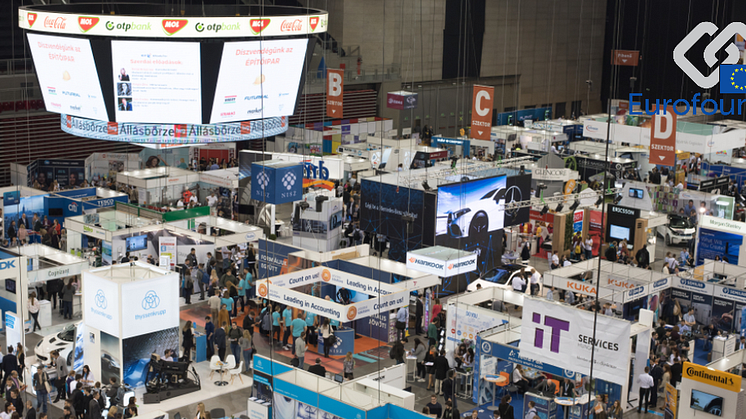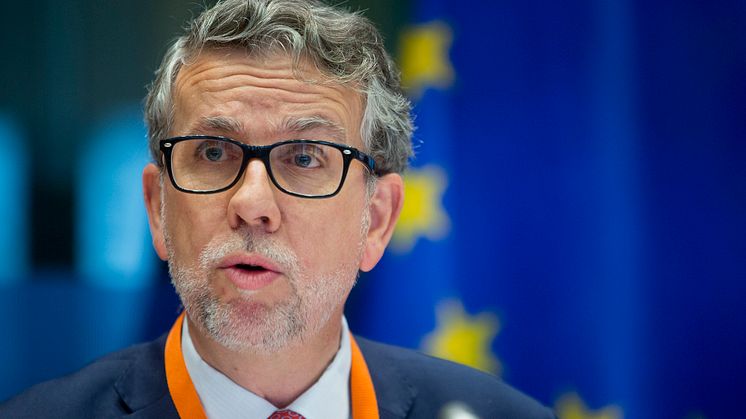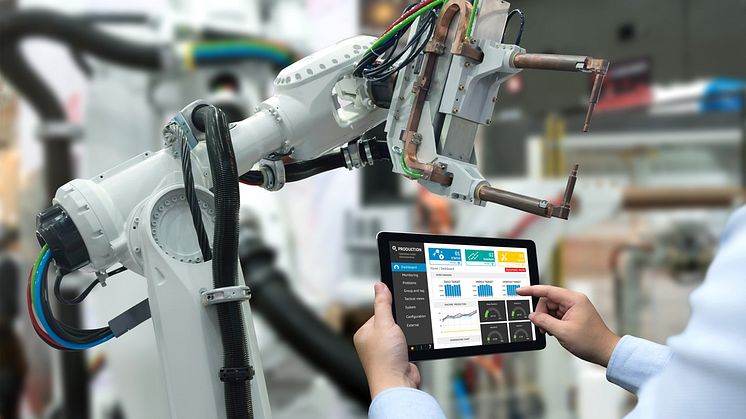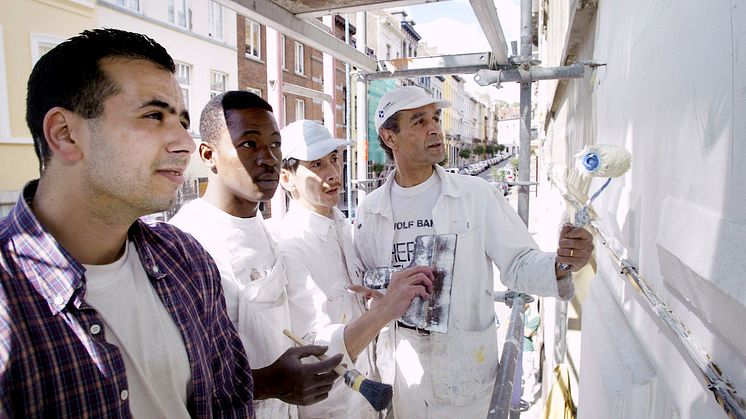Women in management: If we want to get serious about gender equality we need to talk about job quality
After more than 60 years of European policy on the equal treatment of women and men, men still outnumber women in management positions by almost two to one. The women who do make it into management are more likely to be in non-supervising management roles where they manage operational responsibilities but not staff, and the minority that do manage staff are more likely to be managing other women.




















